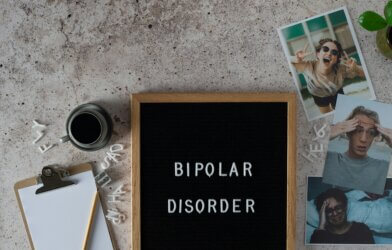Swift intervention is key upon diagnosis with a mental disorder like schizophrenia or bipolar disorder. But what if it intervention measures took place before diagnosis? Unfortunately for most, disorders aren’t usually diagnosed until early adulthood. Scientists at the University College Dublin study say there may be a better way to predict future diagnoses, particularly for schizophrenia and bipolar disorder. Researchers say that half of those who went on to develop these conditions had utilized child and adolescent mental health services during childhood.
Both schizophrenia and bipolar disorder affect the lives of close to 65 million people around the world, being a heavy weight to carry for those with the conditions and anyone close to them. By this point, a lot of damage is likely already done and much harder to treat. And usually at this point, a patient with one of these psychiatric disorders has considerable amounts of disability, and just a tough time leading a normal life as a contributing member of society.
The research team used information from Finland’s healthcare registries to study people born in 1987. They examined whether individuals used child and adolescent mental health services (CAMHS) at any moment between birth and 17 years old. They were then able to follow the individuals up to age 28 by using specific identifiers, and from here they could see who ended up being diagnosed with schizophrenia or bipolar disorder.
Their results show that the risk of developing psychosis or bipolar disorder by 28 years old was 1.8% for individuals who never used child and adolescent mental health services. For those who did, but held services in outpatient setting during adolescent years, the risk jumped to 15%. On top of that, those formally admitted to an inpatient CAMHS hospital had over double the risk, coming in at 37%.
“Our findings show that half of individuals who develop these illnesses had come to CAMHS at some stage in childhood, typically many years before they developed schizophrenia or bipolar disorder,” says professor Ian Kelleher, from the UCD School of Medicine, in a statement. Kelleher and his team carried out the international study in conjunction with the Finnish Institute for Health and Welfare.
The team agrees that their results are fascinating, but not surprising. They simply reinforce the need for intervention in all forms of mental health before deleterious consequences even have a chance to arise. “We know it’s crucial to intervene as early as possible to prevent some of the worst effects of these illnesses. But ideally, we would like to be able to intervene even before the onset of illness, to prevent it altogether,” explains Kelleher.
This study is published in the journal World Psychiatry.












